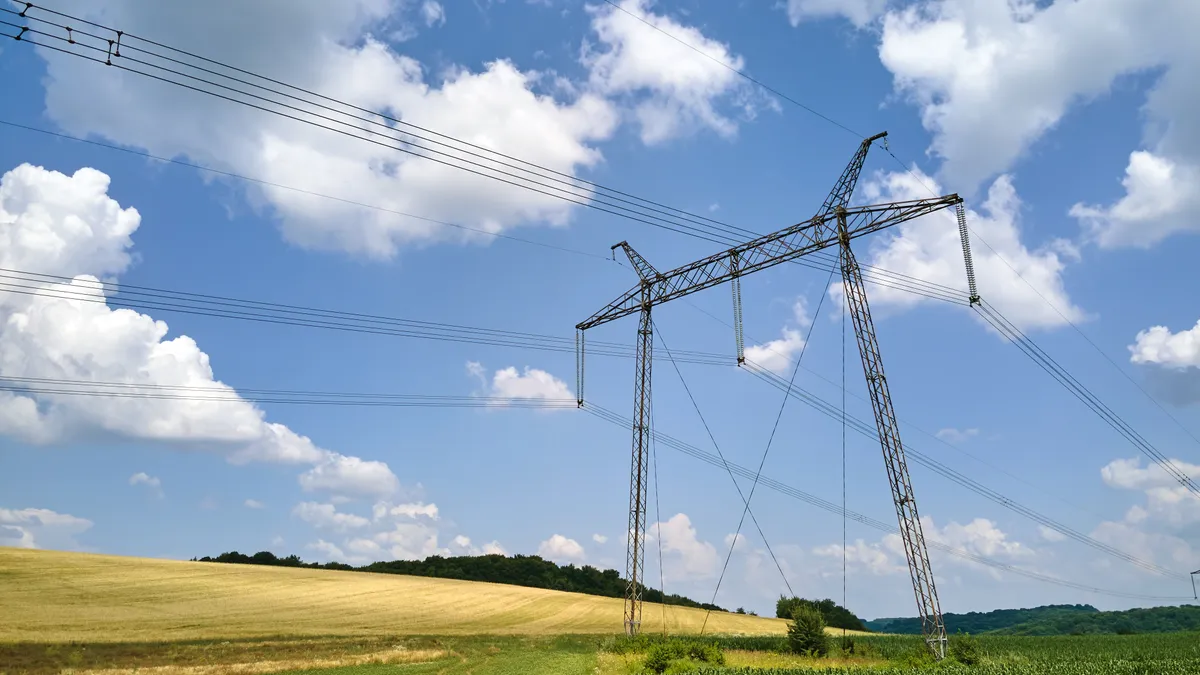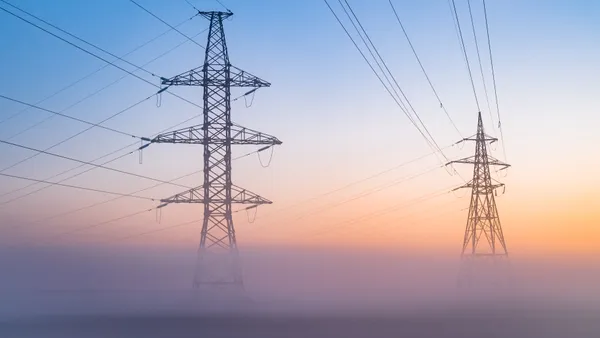Dive Brief:
- Owners and operators of some inverter-based resources, or IBRs, like wind, solar and storage are not following voluntary operational guidelines, which increases reliability risks to the bulk power system, the North American Electric Reliability Corp. concluded in a Thursday report.
- About 5,200 MW of bulk electric system solar IBRs have voltage and frequency protection settings within NERC’s “no trip zones,” meaning they are at greater risk of going offline in the event of a grid disturbance, according to the report.
- NERC recommended development of two reliability standard projects to improve IBR performance, as directed by the Federal Energy Regulatory Commission in October, and said it intends to issue an alert in early 2024 to gather additional modeling information from generators and transmission owners.
Dive Insight:
NERC is tracking a growing list of examples where IBRs have tripped offline or reduced output in response to grid disturbances, and in March it issued an alert and recommendations for solar resources connected to the bulk power system. But the report published Thursday finds those recommendations “are not being implemented.”
The March alert required owners of bulk power system-connected solar facilities to provide site-specific information by June 30 via a data submission worksheet. Many generators “indicated that they did not have the requested facility data readily available,” NERC said. “The information requested in the worksheet is fundamental equipment information that NERC expects would be retained and easily accessible with some assistance from equipment manufacturers if necessary.”
Responses also showed more than 5 GW of solar IBRs on the bulk power system have voltage and frequency protection settings within the “no trip zone” NERC set in PRC-024, the protection and control standards for generators.
NERC recommends that all IBRs “have parameterized protection settings outside of the ‘no trip zones’ based on maximum equipment capabilities” in order to ensure the resources do not trip offline when when they are needed to preserve reliability, according to the report.
But about a quarter of reporting facilities use a protection system “that results in an increased likelihood of inadvertent tripping during normally cleared grid faults,” NERC said. And because of the way these protections are modeled, the “risks would not be captured in interconnection studies or during annual planning assessments.”
About a quarter of facilities “use a fault ride-through mode that does not adequately support BPS reliability,” NERC added. And about a third use power capability modeling that indicates the potential for “a significant amount of underused reactive power capability” which can negatively impact reliability services like voltage regulation.
“For many years, NERC has been working collaboratively with industry to produce world class recommended practices to help ensure reliability around this evolving technology,” Ryan Quint, NERC’s director of engineering and security integration, said in a statement. “The findings in this report demonstrate that potential reliability gaps exist when those recommended practices are not implemented.”
As a result, NERC said it will make development of two new reliability standards a “high priority.” One will modify PRC-024 and another will set performance standards for IBRs to address “systemic” performance issues.
“This report reiterates the criticality of implementing these standards in a timely manner to ensure adequate ride-through performance of IBRs as well as proactive risk mitigation,” NERC said. It also recommended examining how FERC interconnection agreements and procedures can further support the reliable integration of IBRs.
“Less than one-third of the inverter settings reported are set based on equipment capability, showing that there is significant underused ride-through capability” across the bulk power system, the report concluded.
A NERC subcommittee focused on IBR performance will develop a standard authorization request and should also consider proposing commissioning requirements for IBRs, the report said. The request “might mention that the standard could be applied at commercial operation to ensure adequate risk mitigation steps occurred during the commissioning process,” it added.














